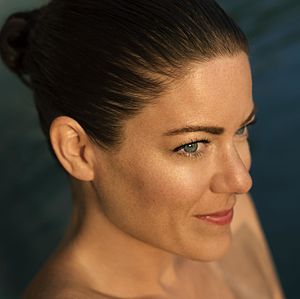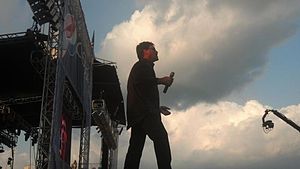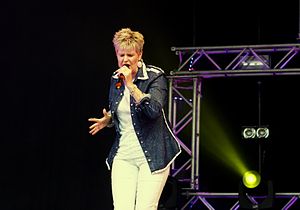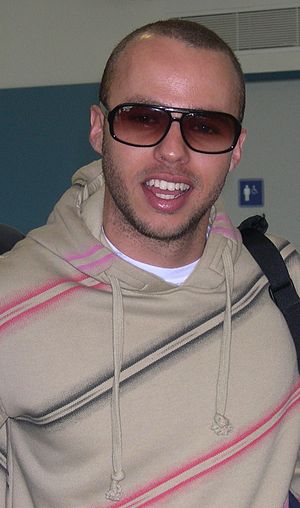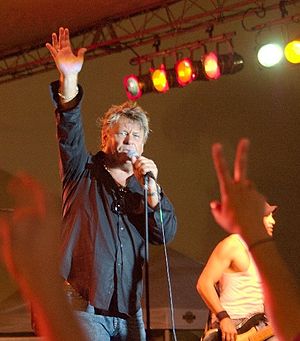"Well, I had this girlfriend one time, and I was at home working, at my desk, working at my songwriting which I had been doing all week since I was on a roll, and my girlfriend was somewhere drinking, drinking somewhere. So I was hoping that no one else would get their hands on her, because she was pretty good lookin'! And that's how I wrote the song 'Sundown,' and as a matter of fact, it was written just around sundown, just as the sun was setting, behind the farm I had rented to use as a place to write the album."



